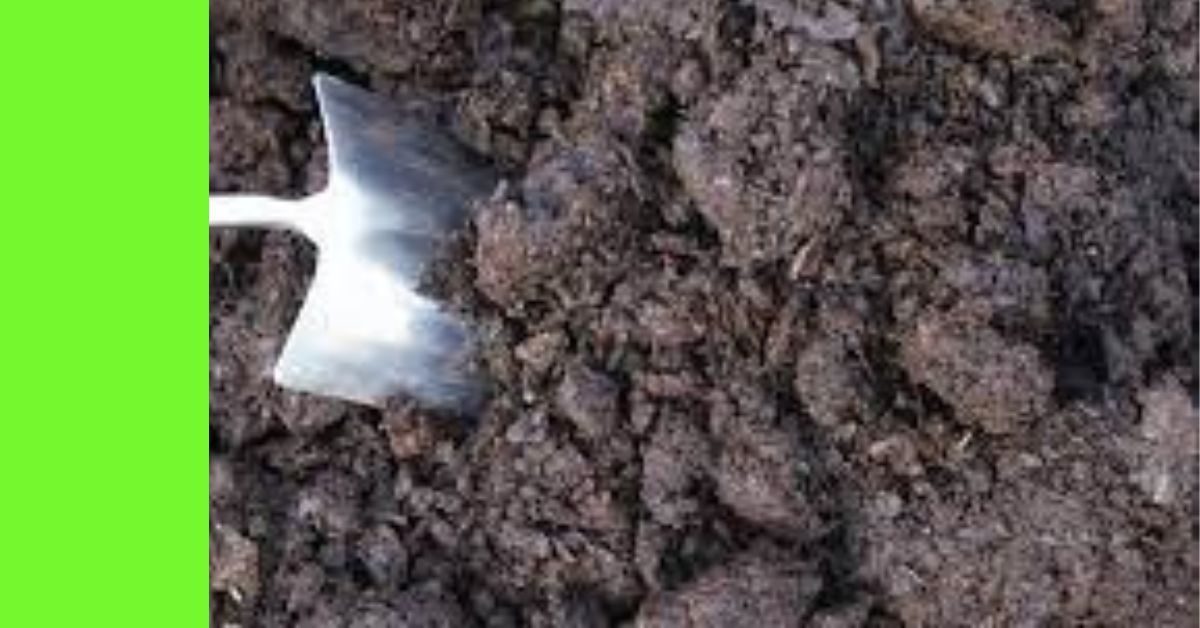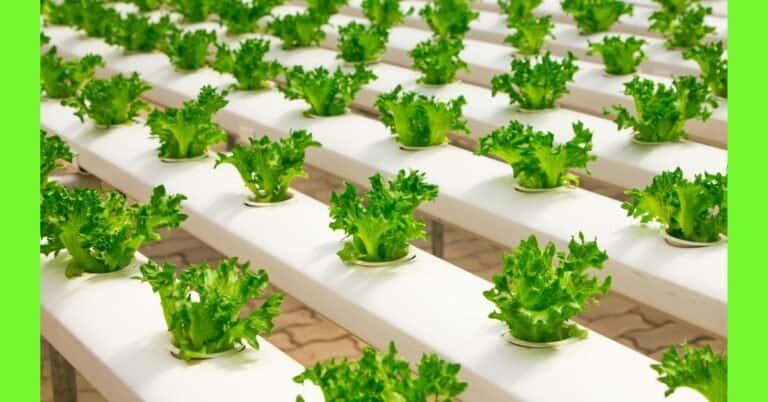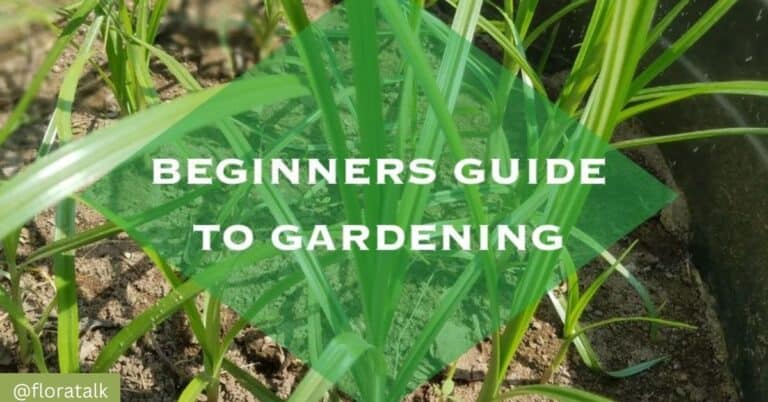All You Need To Know About Manure

Manure Manure Manure. If you attended basic agricultural science classes,
this would have been a very common term and something you can relate to simply,
as the decomposed form of animal dung or plant that is applied to the soil
and aids in improving soil quality to promote plant growth.
Definition of Manure
Manure is the decomposing remains of deceased plants and animals that are added to soil to boost growth.
It is an affordable and natural source of fertilizer.
Excreta from animals and humans is also utilized as manure.
The cattle dung has high potassium, phosphate, and nitrogen content.
In order to boost crop yield, dead plants and animals are placed in the agricultural soil as their corpses begin to decay.
The decomposing corpses are quite affordable and serve as a natural kind of fertilizer.
Farmers use livestock manure, which is high in nitrogen, phosphorus, and potassium
as well as other vital elements that improve the condition of the soil, in addition to human and animal excreta.
Because manure is so rich in humus and organic matter, it increases the fertility of the soil.
These don’t produce any pollutants and are superior in the long run.
It’s an important and replenishable resource.
The abundance of organic matter and humus found in manure contributes to the soil’s increased fertility.
These organic materials do not harm natural resources and are beneficial to the land.
It is a renewable resource that provides nutrients back to the earth.
There are several places where one can find manure. The following lists the various manure sources:
- Urine, slurry from biogas facilities, and cow manure.
- Waste products resulting from human habitation, including sewage, night soil, sludge, urine, and household garbage.
- Sheep and goat droppings
- Fish waste, horn and hoof meal, bones, flesh, and other trash from slaughterhouses
- Agricultural industries’ byproducts
- Crop residue
- Water hyacinth and weeds
Types Of Manure
There are three types of manure: compost, farmyard, and green.
Farmers employ a variety of manure types.
Green manure
The amount of organic matter in the soil is increased by using green manure.
The roots of this kind of manure are quite deep.
These assist in controlling weeds and preventing soil erosion.
Farmyard manure
Farmyard manure is a natural fertilizer that enhances the texture of the soil.
It makes the soil more capable of holding on to more water and minerals.
Additionally, through enhancing soil microbial activity, it improves plant nutrition and mineral delivery.
Compost manure
It enhances the structure of the soil and increases nutrient and water retention.
Because of the increased nutrient value, it consequently improves plant health.
How Well is Manure Used in Nigeria?
Manure is a typical organic fertilizer used in agriculture to increase soil fertility and crop production in Nigeria.
Farmers have been using manure as a sustainable and customary practice for many years.
We would look at the various ways manure is used in Nigeria
Let’s start with something we have discussed in our previous article
Composting:
Farmers can compost their manure to get the most out of it.
Manure and other organic materials are broken down during the composting process to produce a nutrient-rich soil supplement.
This procedure results in a more stable and advantageous product while also assisting in the removal of microorganisms and odor.
You can quickly check out the compost article just in case you missed it.
Crop Fertilization:
Manure is used to supply crops with nitrogen, phosphate, and potassium, among other vital elements.
It contributes to general fertility, water retention, and soil structure improvement.
Prior to planting or as a topdressing throughout the growing season, farmers frequently apply manure to fields.
Organic Farming Practices:
Many Nigerian farmers are switching from synthetic chemicals to organic fertilizers like manure due to the increased interest in organic farming.
The goals of organic farming methods are to increase soil health,
lessen their negative effects on the environment,
and grow food without the use of artificial fertilizers and pesticides.
Smallholder Farming:
Manure utilization is especially widespread in Nigeria,
where smallholder farmers perform a significant share of the country’s agricultural work.
The manure from their own livestock or from neighboring sources is one of the many locally accessible resources that small-scale farmers frequently rely on.
Livestock farming integration:
Using manure is frequently intimately related to raising cattle.
Manure is readily available in large quantities for farmers that grow livestock, such as cattle, goats, or chickens.
They gather the manure, compost it, and use it as an excellent crop fertilizer.
Is Manure the Same as Organic Manure?
Having said all that, let’s deal with a common issue.
People often ask questions like; Do I mean the same thing when I use the term manure instead of organic manure?
Like we defined earlier, manure is the decomposing remains of deceased plants and animals that are added to soil to boost growth.
“Manure” is a general term for any organic waste used as soil fertilizer,
most commonly animal dung.
Conversely, “organic manure” is manure that comes from organic sources, like plant leftovers, animal dung, and other organic materials.
The abundance of organic matter and minerals included in organic manure can enhance the fertility, structure, and general health of the soil for plants.
To improve soil quality and encourage crop growth, it is frequently used in gardening and agriculture.
Is Compost Manure the Same as Organic Manure?
Although “organic manure” and “compost manure” are synonymous, their meanings might vary slightly depending on the situation.
Let’s look at the terms one after the other
Compost Manure:
Compost: Organic debris that has undergone microorganism-mediated decomposition is known as compost.
Usually, yard debris, leftover food, and other organic items are used to make it.
These materials can be converted into a nutrient-rich soil amendment through the process of composting.
Compost Manure:
When someone refers to “compost manure,” they can be referring to a mixture of ingredients, which may include animal dung.
Compost manure, as used here, refers to a particular kind of compost in which manure is one of the constituents.
Organic Matter:
Any material derived from living things or the end product of the breakdown of organic materials is referred to as organic matter.
Remainders of plants and animals are included in this.
Organic Manure:
Any natural material used to enrich soil and supply plants with nutrients is referred to as organic manure in general.
Compost, animal dung, green manure cover crops tilled into the soil and other organic resources can be examples of this.
In this context, “organic” refers more to the material’s source from living things than to the product’s official certification as organic.
See also this article on how to make manure from cow, goat and chicken waste.
I hope this article was helpful.








